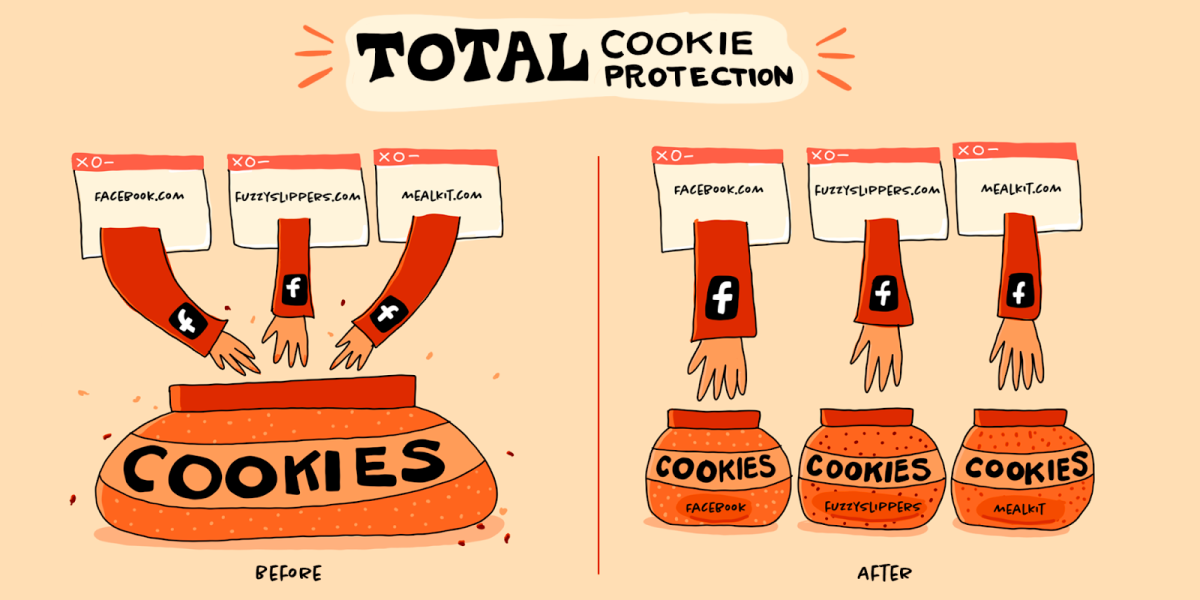Mozilla Firefox locks its browser's cookie jar

 Image: Gerd Altmann / Pixabay
Image: Gerd Altmann / PixabayOn Tuesday, Mozilla and its Firefox browser announced Total Cookie Protection, a powerful way for Firefox to preserve privacy while allowing websites to recognize you and provide customized experiences.
Total Cookie Protection is rolling out to all Firefox users worldwide, the company announced on Tuesday. It will be on by default.
Here’s how Total Cookie Protection works: Websites place “cookies” in your browser, small identifying bits of code that allow the website to “know” that your browser represents you, a unique individual. But those websites can also track you across the web, either by reading the contents of other cookies stored within your browser or by using other sites to host the site’s code—such as in the code used by a website’s comments system, for example. Either way, those sites use that information to build up a profile of who you are and what you do on the web, and use that to show you advertising.
Mozilla said Tuesday that it recognizes that a website may want to identify you as you, either to log you in or show you a customized experience. But what Mozilla and Firefox will not do, via Trusted Cookie Protection, is allow those cookies to be read by other websites. Trusted Cookie Protection essentially builds a separate “cookie jar” for each site, and only that site.

Mozlla
Mozlla
Mozlla
“This approach strikes the balance between eliminating the worst privacy properties of third-party cookies—in particular the ability to track you—and allowing those cookies to fulfill their less invasive use cases (e.g. to provide accurate analytics),” Mozilla wrote. “With Total Cookie Protection in Firefox, people can enjoy better privacy and have the great browsing experience they’ve come to expect.”
Firefox continues to be ranked highly among PCWorld’s best browsers due to its strong privacy protections, and Total Cookie Protection should only continue that trend.
Author: Mark Hachman, Senior Editor

As PCWorld’s senior editor, Mark focuses on Microsoft news and chip technology, among other beats. He has formerly written for PCMag, BYTE, Slashdot, eWEEK, and ReadWrite.
Recent stories by Mark Hachman:
Comcast’s new NOW prepaid Internet looks surprisingly compellingUdio’s AI music is my new obsessionBroadband ‘nutrition labels’ kick in, revealing hidden fees for ISPs




